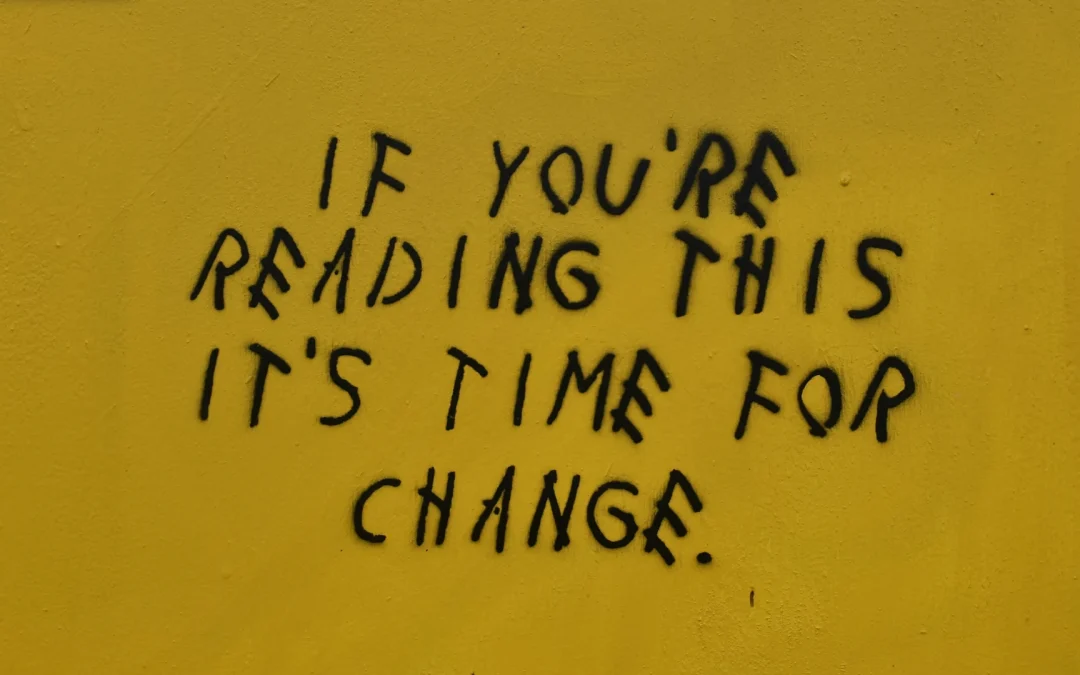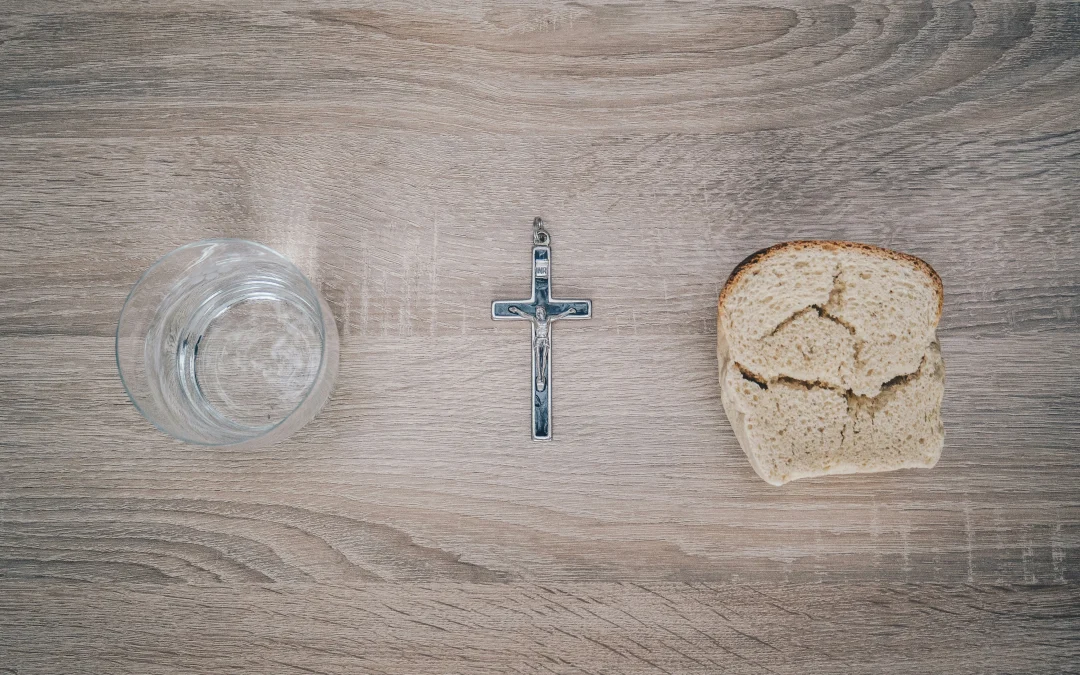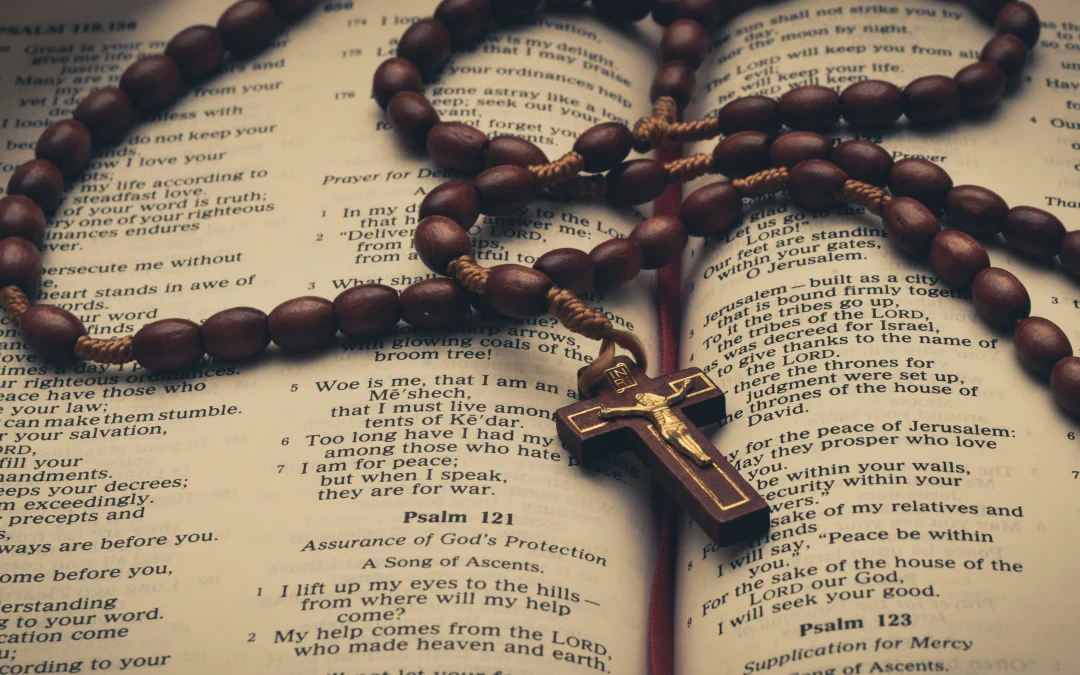We are all shaped by our life experiences—both the joyful and the painful. Over time, these events begin to influence how we behave, how we react to challenges, and most significantly, how we see ourselves. Unfortunately, when those experiences are negative, they often leave behind more than just scars—they can form a false identity rooted in shame.
Shame doesn’t just hurt. It deceives. It whispers lies about who we are and distorts our true worth. But here’s the good news: shame is not your identity, and it can be healed.
What Is Shame, Really?
Shame is often confused with guilt, but they are very different at their core.
● Guilt says, “I did something wrong.”
● Shame says, “There’s something wrong with me.”
Guilt is tied to actions. It prompts us to make amends and seek reconciliation. Shame, on the other hand, attaches itself to our identity. It tells us that because of what we did—or what was done to us—we are unworthy of love, belonging, or healing.
Let’s look at an example:
● Guilt: “I stole something. That was wrong, and I need to make it right.”
● Shame: “I stole something. I’m a terrible person. I’m untrustworthy and broken.”
Shame digs deeper. It convinces us that our failures define us.
Where Shame Comes From
Shame doesn’t come out of nowhere. It often takes root in painful, confusing, or traumatic events—many of which happen during childhood. These include:
● Emotional trauma: death, divorce, abuse, or personal failure.
● Physical trauma: accidents, war, or physical abuse.
● Neglect: being left alone, emotionally overlooked, or growing up in hardship.
● Verbal abuse: being constantly criticized, belittled, or silenced.
● Spiritual abuse: having God used as a weapon to shame or control.
● Abandonment: whether from a parent leaving, working too much, or even a sibling moving away.
Sometimes, what seems minor to adults can feel devastating to a child. A young heart doesn’t see the world in context—it sees everything as personal. Being ignored, left out, or emotionally dismissed can create lasting wounds.
Even common phrases like these can shape a child’s identity:
● “Children are to be seen and not heard.”
Message received: “What I have to say doesn’t matter.”
● “Big boys don’t cry.”
Message received: “Emotions are weak. I must hide them.”
● “Do it right the first time, or don’t bother.”
Message received: “If I fail, I’m worthless.”
The unspoken message? You are not enough.
How Shame Fuels Addiction
When someone believes they are flawed or unlovable, they start looking outside themselves for validation—because deep down, they believe there’s nothing good inside.
As author John Bradshaw once said,
“Shame looks to the outside for happiness and validation because the inside is flawed and defective.”
John Bradshaw
This is exactly why pornography (or other addictions) can become so appealing. Porn creates a false intimacy—a fantasy world where we are in control, desired, validated, and powerful. Even though it’s counterfeit, it temporarily soothes the ache of shame.
Here’s the problem: the more we escape into fantasy, the deeper the shame becomes. We begin to believe:
● “This is the only way I can feel loved.”
● “No one would accept the real me.”
● “I’m too damaged to be healed.”
This vicious cycle keeps us spiritually bankrupt.
Identifying Shame in Your Life
Here are some of the most common shame-based beliefs people carry:
● I’m a failure.
● I’m not lovable.
● I’m insignificant.
● I’m broken.
● I don’t deserve love.
● I’ll never change.
None of these are true. None. They are lies we’ve accepted as truth—what we call the false self.
This false self is not who God created you to be. It’s a mask built from pain, rejection, and fear. But beneath that mask is your true identity—one that is deeply loved and unshakably valuable.
You Are Not Your Shame
Let’s set the record straight.
No matter what you’ve done…
No matter what has been done to you…
No matter what you’ve believed about yourself…
You are not your shame.
You were created on purpose, for a purpose, by a God who already knew every mistake you’d make—and chose to love you anyway.
“Before I formed you in the womb I knew you…” —Jeremiah 1:5
“You are God’s chosen people, holy and dearly loved…” —Colossians 3:12 “God so loved the world that He gave His only Son…” —John 3:16
God isn’t waiting for you to be perfect. He’s not shocked by your failures. He already knows everything—and He’s still calling you His beloved.
As St. Thérèse of Lisieux said:
“The most grievous sin is but a drop in the fiery furnace of God’s mercy.”
You don’t have to earn His love. You don’t have to hide anymore.
The Truth About You
Let these words sink in:
● You are worthy of love.
● You are not defined by your worst moment.
● You are not too far gone.
● You are good enough.
● You are significant.
These aren’t feel-good affirmations. They’re truths rooted in God’s Word and in your very design. You were never created to live in shame. You were created to walk in freedom, in love, and in truth.
Final Thought:
If shame has shaped your story, you’re not alone. But it doesn’t have to define your future. God is inviting you to uncover your true self—the one He designed, delights in, and died for. Take the first step today. Replace the lies with truth. The chains of shame can be broken, and your healing can begin.
You are loved. You are chosen. You are free.
Learn More: Winning the Battle for Sexual Purity: forged in the Fire of Divine Love
Image: Photo by @felipepelaquim on Unsplash











